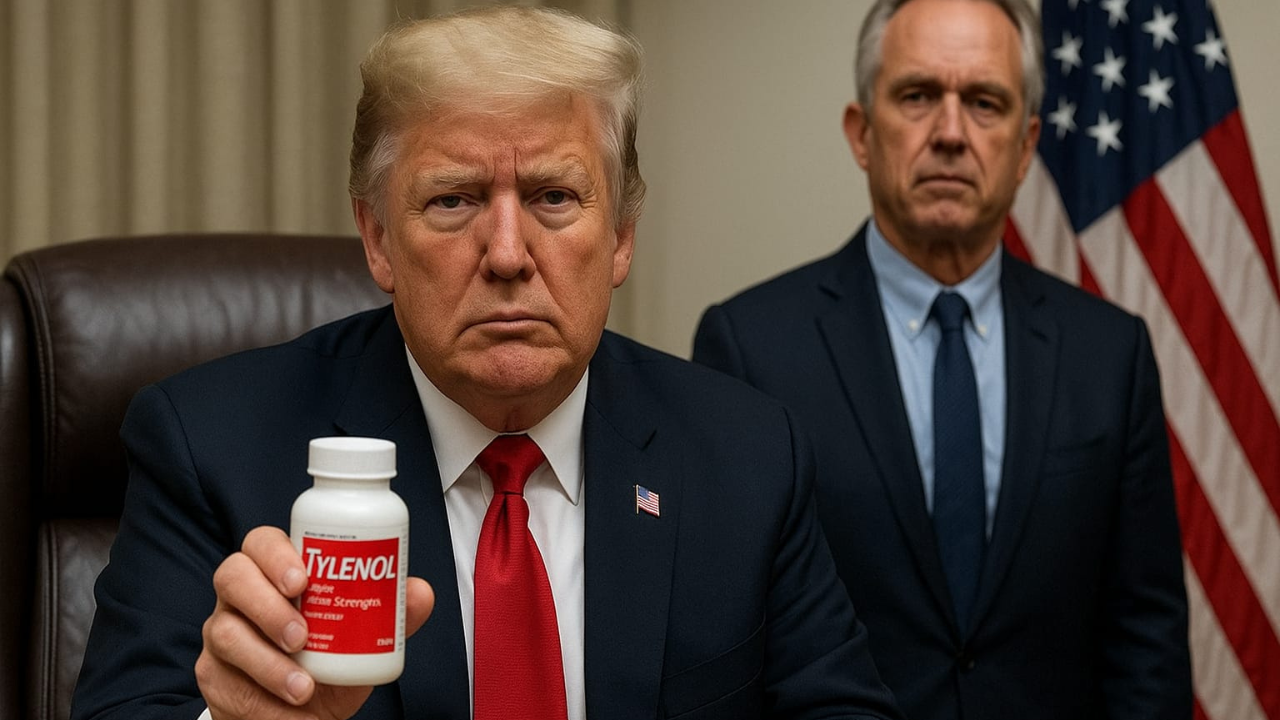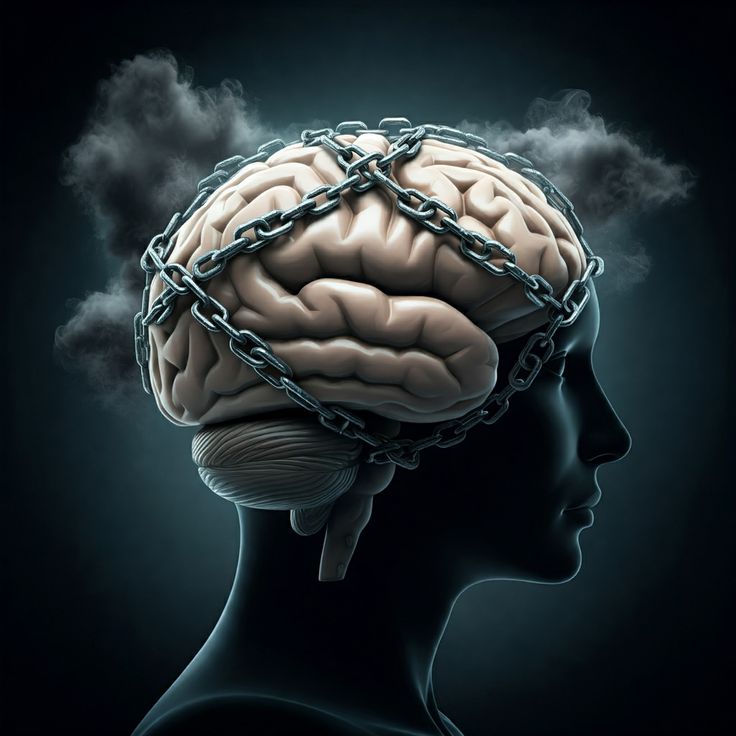Explosive Controversy: Scientists Clash with US Health Chiefs Over Paracetamol-Autism Link!

President Trump has sparked controversy by announcing an upcoming federal review into autism, claiming he has “found an answer” to the condition and hinting at a formal link between paracetamol use and neurodevelopmental disorders. This assertion has drawn immediate and widespread criticism from health experts globally, who vehemently deny any proven causal relationship between the common painkiller and autism.
Paracetamol, also known as acetaminophen and often sold as Tylenolin the US, is a widely used medication, particularly by expectant mothers for managing pain, headaches, and fever. While dozens of studies have explored potential associations between paracetamol use during pregnancy and higher rates of autism and attention deficit hyperactivity disorder (ADHD), experts stress that these findings have frequently been inconsistent and do not establish causation.

Photo Credit: The Economic Times
Leading medical professionals have dismissed President Trump’s claims as “fear mongering” that risks stigmatizing families with autistic children and preventing pregnant women from accessing appropriate care. Dr. Monique Botha, an associate professor at Durham University, stated there is “no robust evidence or convincing studies to suggest there is any causal relationship,” emphasizing her confidence that “no relationship exists.” Dr. Botha highlighted that paracetamol remains a much safer pain relief option during pregnancy compared to alternatives and that pain management for expectant mothers must be taken seriously.
Dr. Hannah Kirk,a senior lecturer in developmental psychology at Monash University, echoed these sentiments, asserting that “no study has shown that paracetamol causes autism.” She explained that while some studies report an association, others do not, and importantly, “association does not mean causation.” Dr. Kirk referenced a large-scale study involving 2.48 million births, which, when comparing siblings (a method controlling for genetic and environmental factors), found that any apparent links between paracetamol and autism disappeared. This suggests that underlying maternal health conditions or genetic factors may better explain previous findings. Furthermore, treating fever with paracetamol can reduce risks associated with fever itself during pregnancy.
Professor Stephen Griffin,an infectious disease expert at the University of Leeds, called the argument that paracetamol “causes” autism “unbelievably cruel” as it “lays the blame firmly at the parent's door,” underscoring that autism is a “complex, polygenic, largely unpredictable syndrome.” Professor Dimitrios Siassakos, an expert in obstetrics and gynaecology at University College London, cautioned that an “undue focus on paracetamol would risk preventing families from using one of the safest medications to use in pregnancy when needed.”
Despite the strong expert consensus, recent research from Mount Sinai and Harvard’s School of Public Health suggested that pregnant women should only take paracetamol on the advice of a doctor due to autism fears. This analysis, involving over 100,000 people, was described as the “strongest evidence so far” of an association, but the researchers explicitly stressed that it does not prove the drug directly causes neurodevelopmental disorders.
They recommended using “the lowest effective dose for the shortest possible time.” Dr. Diddier Prada, a co-author of the study, advised pregnant women against stopping medication without consulting their doctors, noting that untreated pain or fever can also harm the baby, and encouraged discussing the safest approach with healthcare providers, considering non-drug options when possible.

Photo Credit: BBC News
Current guidance from the NHS recommends paracetamol as the “first choice” painkiller for expectant mothers, but only for short periods and at the lowest effective dose. Approximately half of pregnant women in the UK and around 65 percent in the US take paracetamol. Health chiefs advise extra caution only for individuals with specific conditions like liver or kidney disease or those taking epilepsy medication.
Autism itself is not a disease but a spectrum condition present from birth, though often recognized later in life. It encompasses a wide range of support needs. The broader context includes an “invisible crisis” in autism assessment services, with almost 130,000 under-18s in England awaiting assessment in December 2024, highlighting significant challenges in meeting rising demand.
You may also like...
Sports Betting in Africa: Quick Money or Long-Term Addiction?

"Is sports betting in Africa an opportunity for wealth or a trap for addiction? Explore its impact on youth, the role of...
October 2nd: Guinea’s Independence—A Nation With Defiant Beginning and Enduring Story

On October 2, 1958, Guinea made history as the first French colony in Sub-Saharan Africa to boldly declare independence....
The Jumia Story: Lessons From Africa’s First Tech Unicorn

Discover the story of Jumia, Africa’s first tech unicorn, and how platforms like Glovo and Bokku are reshaping e-commerc...
The Silent Cognitive Crisis: Brain Complacency in the Age of AI

“AI offers convenience, but at what cost? Explore how over-reliance on artificial intelligence fuels brain complacency, ...
Legacy Continues: Football Royalty's Son Nets Stunning Screamer for Barcelona Youth

Shane Kluivert, son of Dutch football legend Patrick Kluivert, scored a spectacular 'screamer' for Barcelona's Under-19s...
WNBA Star's Terrifying Health Ordeal: Mitchell Reveals Rhabdomyolysis Left Her Paralyzed

Indiana Fever All-Star guard Kelsey Mitchell revealed she suffered from Rhabdomyolysis during a WNBA semifinal game, cau...
Warner Bros' Box Office Bubble Bursts, But Industry Shrugs: What Does It Mean?

Paul Thomas Anderson's "One Battle After Another" marks a different kind of success for Warner Bros., earning critical a...
DCU's Nightmare: Are Film Franchises Repeating MCU's Fatal Flaws?

The DCU's increasing interconnectivity, particularly in <i>Peacemaker</i> Season 2, is raising concerns about potential ...




